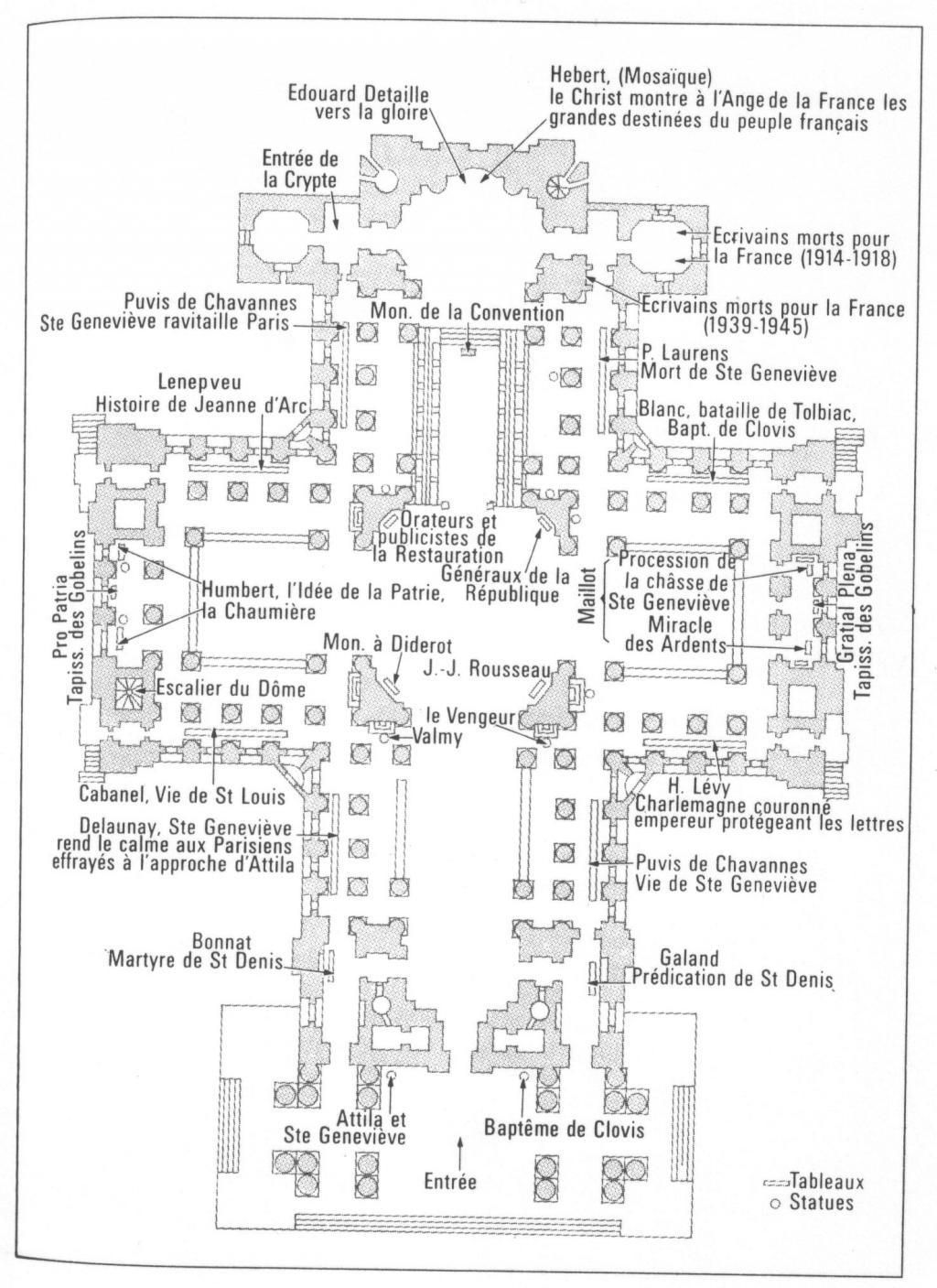Marie Curie
Fun Fact
Daughter Irene Joliot-Curie died in Paris on 17 March 1956 from an acute leukemia linked to her exposure to polonium and X-rays. Her sister, Ève Curie, died in her sleep on 22 October 2007 in her residence on Sutton Place in Manhattan at age 102.
Cemetery Information:
Grave Location:
CryptGrave Location Description
Enter through the main entrance, and go straight all the way to the back of the building. There will be a sign pointing left to go to the Crypt. Follow the signs and go down the staircase to the Crypt. In the Crypt, equal in size to the main hall above, though with space consumed by structural elements, you’ll see the tombs and memorials in various rooms branching out from the main hallway. Marie Curie is buried with her husband, Pierre Curie, in the same alcove and her tomb is directly above his.
Grave Location GPS
48.84625, 2.34611Visiting The Grave:
Photos:
FAQ's
Read More About Marie Curie:
- Published Obituary
- Wikipedia Entry
- 10 Radiant Facts About Marie Curie
- Marie Curie: 7 Facts About the Groundbreaking Scientist
- Marie Curie - 10 Major Contributions and Achievements
- Madame Curie’s Passion
- How Marie Curie Brought X-Ray Machines To the Battlefield
- When Women Crowdfunded Radium For Marie Curie
- The Marvelous Marie Curie
- The Migrant Chemist
- The Nobel Prize - Marie Curie
- Who Are the Five Women Honoured in Paris’s Panthéon?









